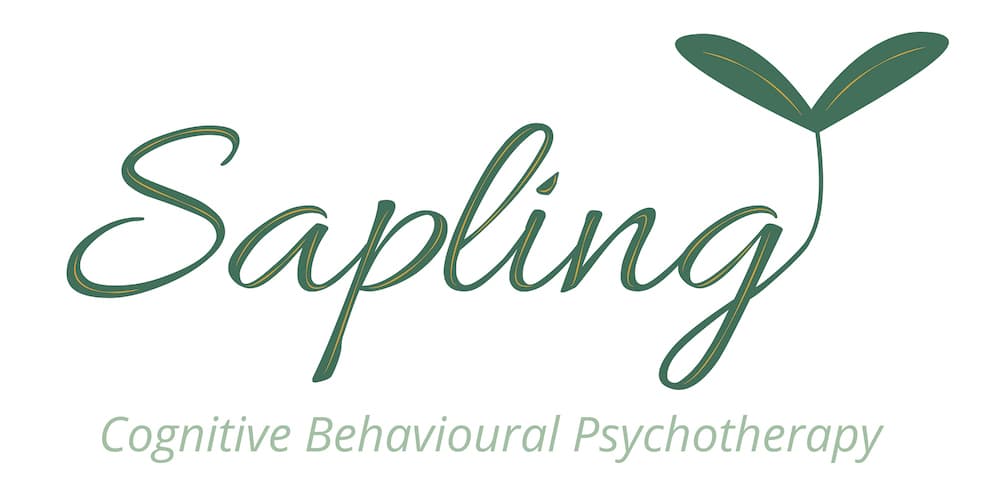
Welcome to Sapling Cognitive Behavioural Therapy.
We are a team of accredited psychotherapists who understand how overwhelming it can feel to reach out for support for yourself or a loved one.
Thank you for taking the first step.
- I offer face to face Psychotherapy in Bristol and BANES.
- Online sessions also available.
- Each 55 minute session costs £100 (insurance company fees may vary)
- Treatment is tailored to individual needs and typically takes between 8 to 16 sessions.
- Cognitive Behavioural Therapy (CBT)
- Eye Movement Desensitisation and Reprocessing Therapist (EMDR)
- Comprehensive Behavioural Intervention for Tics (CBIT)

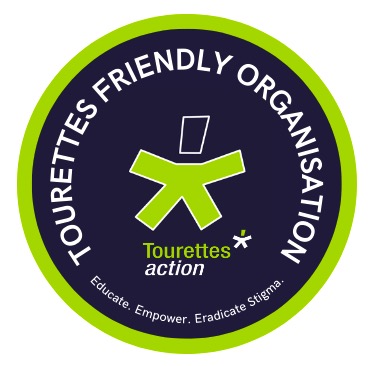
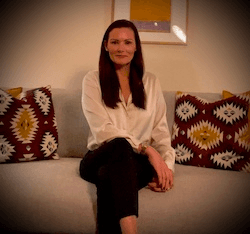
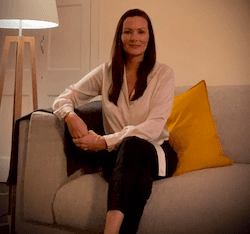
Specialist child, adolescent and young adult psychotherapist (age 8 - 24) Accredited with the British Association For Behavioural And Cognitive Psychotherapies.
20+ years experience working with children, young people and families. Experience working in Child and Adolescent Mental Health service (CAMHS), local authority children services and the private sector.
I specialise in working with care experienced young people and trauma focussed CBT.
- Exeter University Post Graduate Diploma in Evidence-Based Psychological therapies for children, young people and their families; Cognitive Behavioural Therapy
- University of Bristol Masters Degree Psychology of Education
- Oxford Brookes Bachelors degree Early years Education, Senior Practitioner status
- Following the professional and ethical guidelines of The British Association for Behavioural and Cognitive Psychotherapies (BABCP).
- Member of the Information Commissioners Office (ICO).
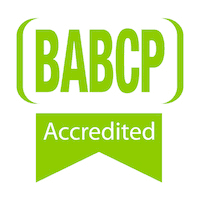







Calls responded to between 9am - 5pm
CBT is an evidence-based treatment for anxiety and mood disorders recommended by the National Institute for Health and Care Excellence (NICE).
CBT is based on the concept that cognitions (thoughts), feelings, physical sensations and behaviours are interconnected. That unhelpful thoughts and feelings can trap us in a vicious cycle.
CBT aims to help clients deal with overwhelming problems in a more positive way by breaking them down into smaller parts and changing your relationship with them.
Several different techniques are used to explore negative beliefs held about the self, others and the world. By challenging our negative beliefs, patients will experience a change in their feelings and behaviour. Whilst therapy focuses on the here and now life experience will be explored, we know that our childhood shapes our view of ourselves and the world. When working with Children and Young People their parents are often brought in as co-therapists, the support they offer their child outside of the therapy sessions supports change and progress.
EMDR aims to help the brain reprocess memories properly so that it is no longer so intense. It also can help desensitise the person to the emotional impact of the memory. This will enable them to think about the event without experiencing strong emotions.
The therapist will ask the person to recall the traumatic event while they also move their eyes from side-to-side, hear a sound in each ear, or feel a tap on each hand alternately. These side-to-side sensations seem to effectively stimulate the brains adaptive processing system so that it can reprocess the information more like an ordinary memory, reducing its intensity. The effect may be similar to what occurs naturally during Rapid Eye Movement sleep, when your eyes move rapidly from side to side as the brain processes the events of the day.
CBIT is a therapeutic intervention that has been shown to be an effective treatment for reducing tic severity and improving quality of life in individuals with tic disorders.
- Training the patient to be more aware of their tics and the urge that come before the tic.
- Training patients to do competing behaviour or to suppress when they feel the urge to tic.
- Using CBT strategies to make changes to day to day behaviour and challenging thoughts in ways that can be helpful in reducing tics.